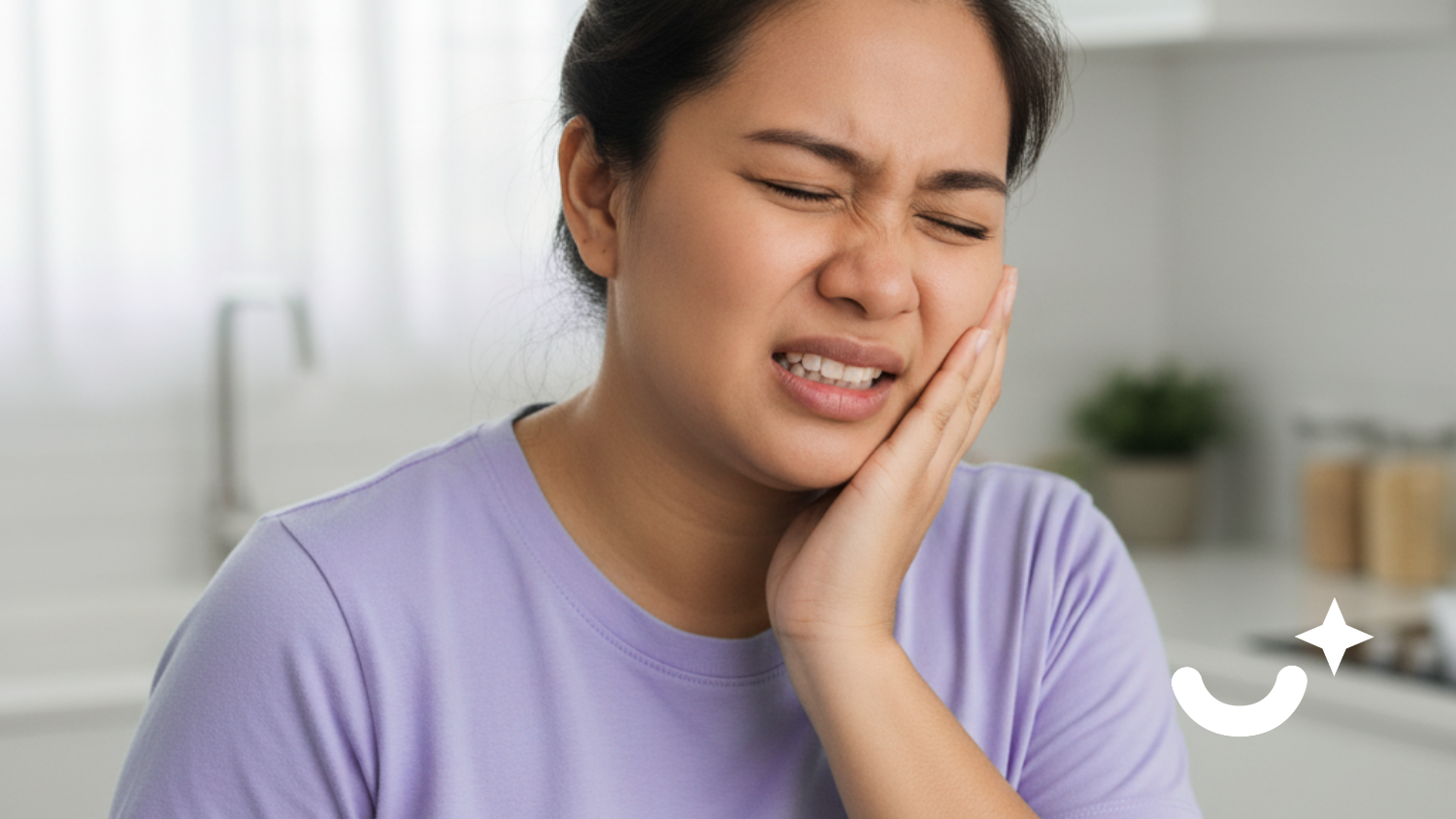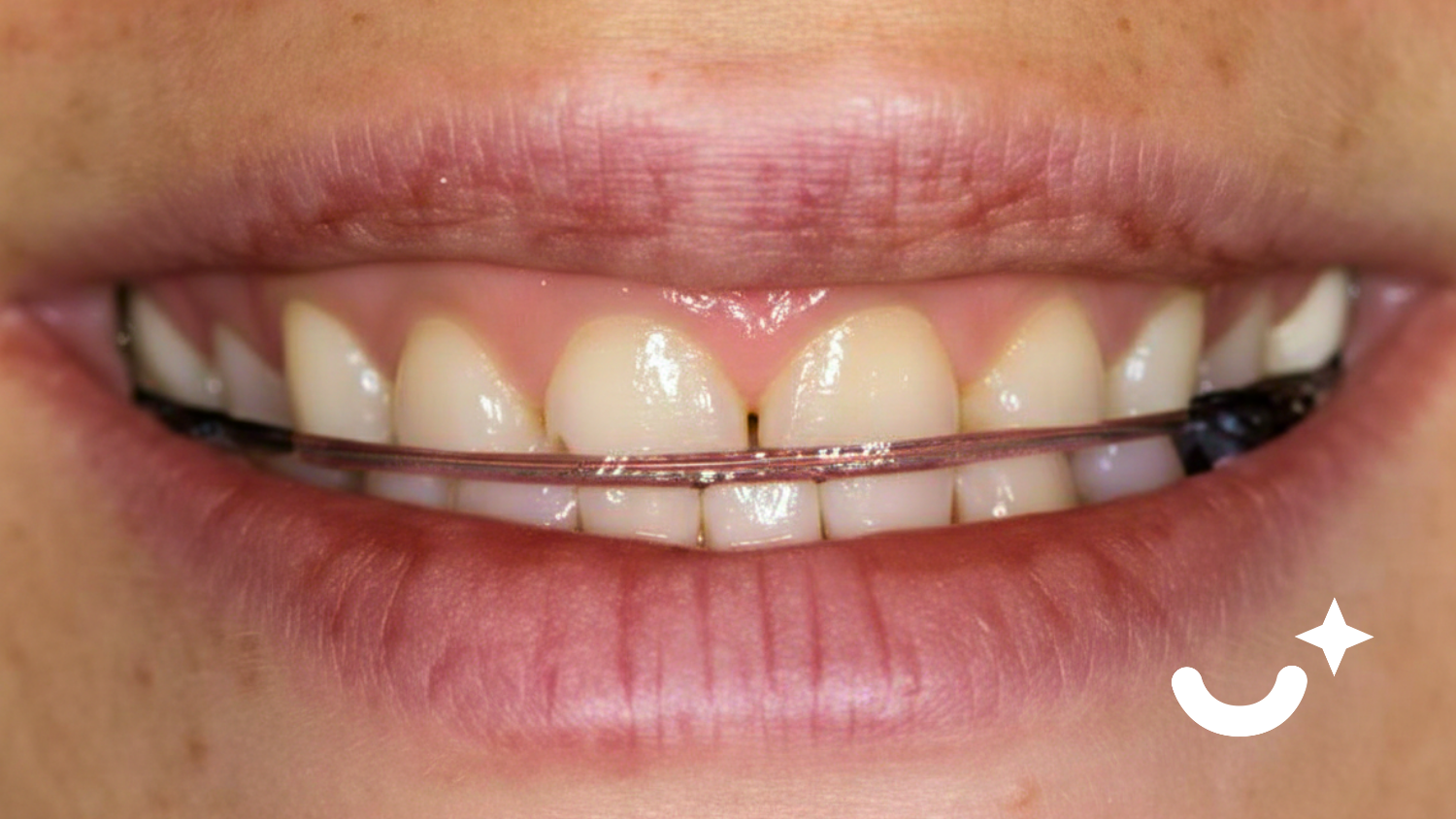Behind the Smile: The Silent Strain of Bruxism
Every night, while millions drift into peaceful sleep, others are waging a quiet battle—grinding their teeth into the dark. Known medically as bruxism, teeth grinding is more than just an annoying habit; it’s a widespread condition with real consequences for oral and overall health.
What Is Bruxism?
Bruxism is the involuntary grinding, gnashing, or clenching of teeth, often during sleep (sleep bruxism) but sometimes during waking hours (awake bruxism). While occasional grinding might not cause harm, frequent or intense grinding can wear down enamel, fracture teeth, and even reshape your jaw over time.
Why Do We Grind?
The causes of bruxism are varied and often layered:
Stress and anxiety are leading culprits, particularly for awake bruxism.
Sleep disorders, such as sleep apnea, are commonly linked to nighttime grinding.
Bite misalignment or missing teeth may also contribute.
Even lifestyle choices—like excessive caffeine, alcohol, or drug use—can increase the risk.
The Hidden Damage
The dangers of bruxism aren't always obvious. Signs include:
Flattened or chipped teeth
Jaw pain or tightness
Headaches, especially in the temples
Tooth sensitivity
Earache-like symptoms without infection
Left untreated, bruxism can lead to temporomandibular joint disorder (TMJ), damaged dental work, or even changes in facial structure.


